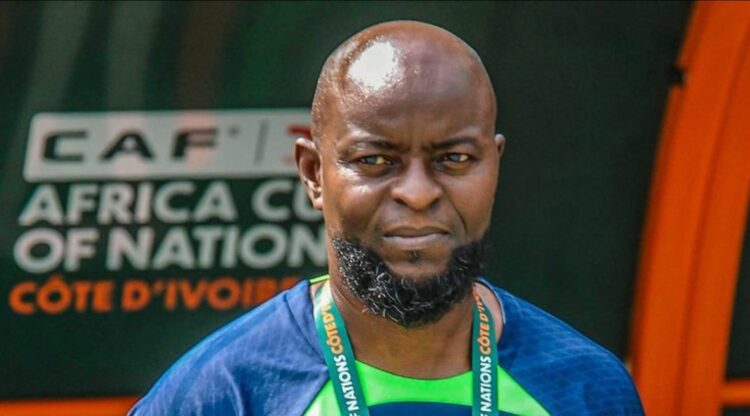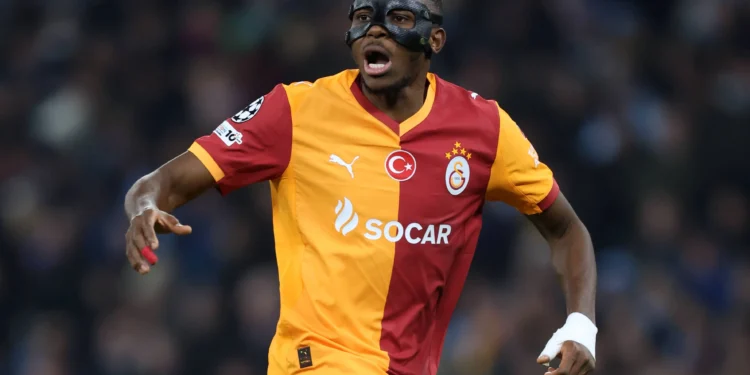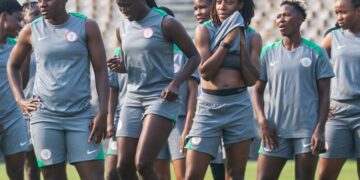When Eric Chelle guided Nigeria to a commanding 4-0 victory over Benin, it felt more than just another step in the World Cup qualifying race, Footynaija.com reports.
The match, played in Uyo, brought back a conversation the football community had tried to move past, where Eric Chelle’s early control of the team is compared to Finidi George’s brief and frustrating reign.
For some, Chelle’s composure is what the Super Eagles have long needed; for others, Finidi’s struggles remain a warning about what happens when potential is rushed without structure.
Finidi’s tenure was short, yet it left a lasting sting. Promoted in April 2024 after serving as José Peseiro’s assistant through Nigeria’s memorable AFCON 2023 run, he arrived with goodwill and optimism. But what followed was a confusing spell filled with mixed messages and performances that never matched the ambition of his appointment.
Under Peseiro, Nigeria were arguably more compact and disciplined. Maybe cautious, but consistent. Finidi wanted flair. He often spoke about giving his players more expression in attack, but the execution fell apart once the pressure came.
In his two competitive games, Finidi’s Super Eagles showed promise but also vulnerability. Against South Africa (1-1 in Uyo), they took control in the second half but lacked composure in front of goal, turning dominance into frustration.
In the following 2-1 defeat to Benin Republic in Abidjan, Nigeria enjoyed more possession and even took an early lead; yet defensive lapses, loss of concentration, and wasteful finishing proved costly. The overall pattern was one of control, but without conviction or consistency to sustain it.
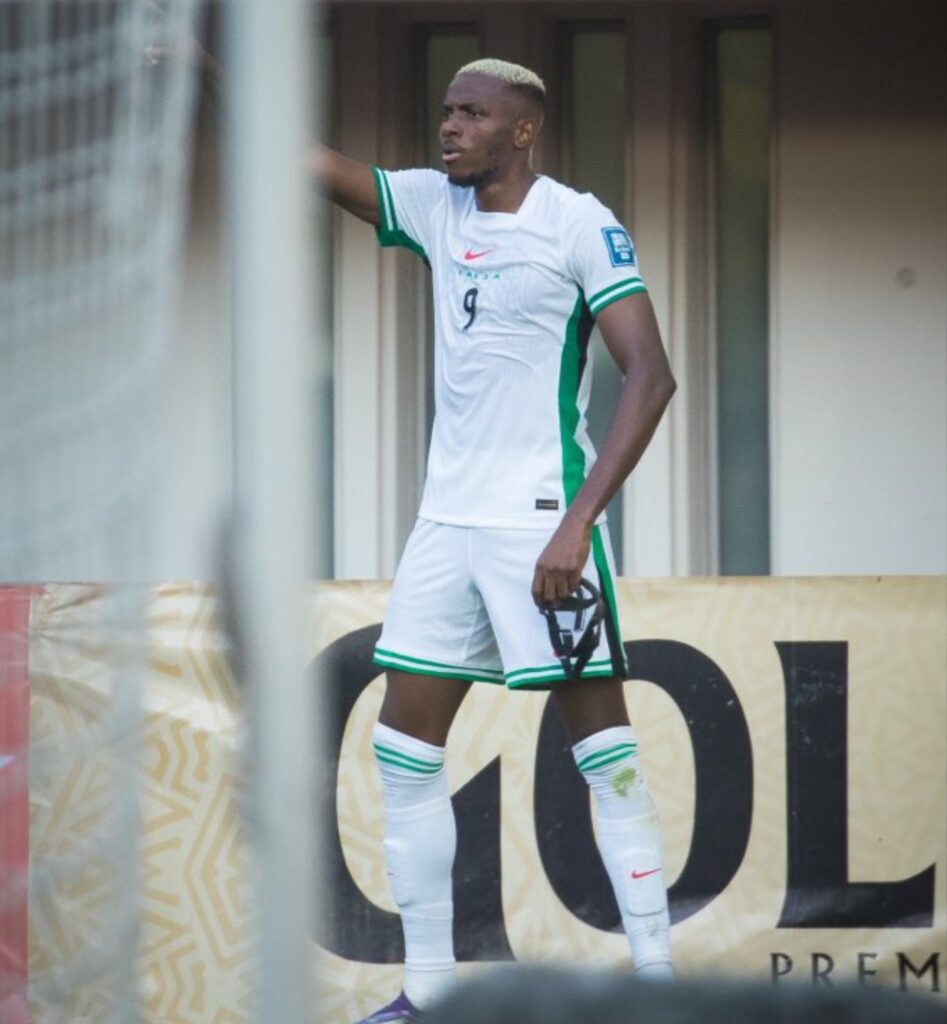
Although Victor Osimhen, who recently starred in the reversed fixture against the Cheetahs, was unavailable under Finidi due to injury, Nigeria’s attack often looked uncertain. The midfield, anchored by Wilfred Ndidi and Alex Iwobi, tried to dictate play but struggled to find rhythm or penetration in the final third.
One draw, one loss, two warnings, and a coach who seemed unsure whether to persist or pivot. Within weeks, Finidi was gone.
Then came Eric Chelle in January 2025. The Franco-Malian-born tactician arrived with little fanfare but clear intent. His first real test, a 2-0 win away to Rwanda, hinted at a shift in mentality.
Osimhen’s brace spoke of a team rediscovering its sharpness, yet it was the organisation that caught the eye. Nigeria looked measured. Every player understood his lane, his task, his moment.
Chelle’s philosophy is about rhythm. He appears to value clarity over chaos. The players, including new call-ups, have flourished in clearly defined roles, as they stretch play with purpose rather than impulse.
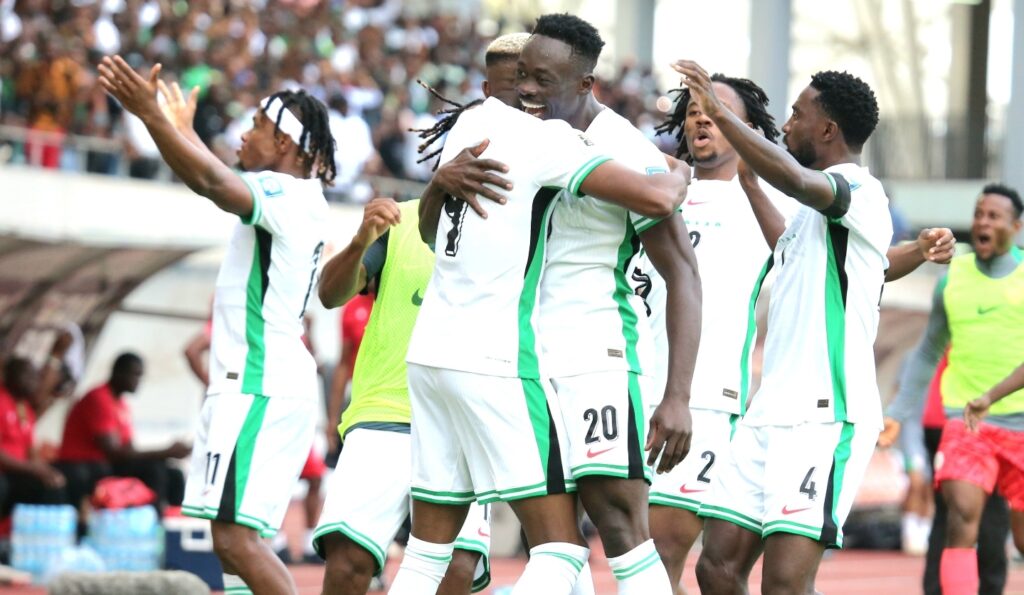
By the time Nigeria dismantled Benin 4-0, the transformation had become clearer. The game was a mirror of belief restored.
Osimhen’s hat-trick carried the swagger of a striker free again, and Onyeka’s late strike showed the collective spirit running through the squad. The Super Eagles played as if the uncertainty of the past year had finally lifted.
In comparing both eras, Finidi’s Nigeria struggled between identity and indecision. Chelle’s side plays with control, confidence, and a sense of direction. Where one era stumbled under the weight of expectation, the other feeds off it.
Fans can argue about who faced the tougher path, but the scoreboard writes its own truth. Finidi left behind a team doubting itself; Chelle, if allowed to continue, is rebuilding one ready to dream again.



